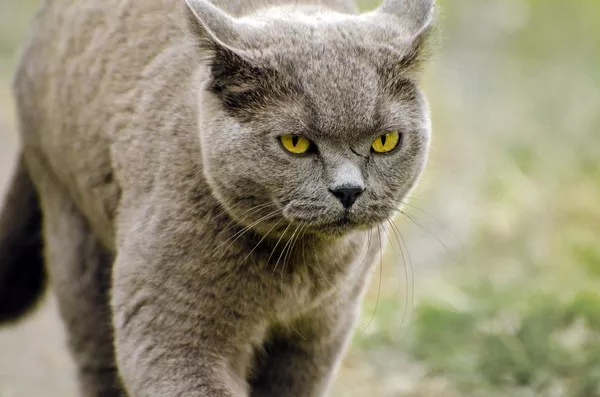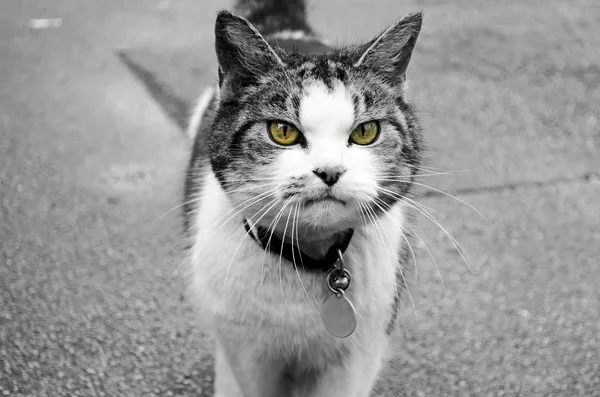The question of whether cats can thrive on a vegan diet is a contentious topic among pet owners, veterinarians, and animal nutritionists. As more people adopt plant-based lifestyles, some cat owners wonder if their feline companions can share in this dietary choice. Cats, as obligate carnivores, have specific nutritional requirements that must be met to ensure their health and well-being. This essay delves into the complexities of feline nutrition, the implications of a vegan diet for cats, and the potential health risks and benefits associated with such a dietary choice.
Understanding Feline Nutrition
Obligate Carnivores
Cats are classified as obligate carnivores, meaning their physiology and nutritional needs are primarily designed for a diet rich in animal proteins. Unlike omnivores, which can derive nutrients from both plant and animal sources, obligate carnivores have evolved to require certain nutrients that are predominantly found in animal tissues. These include:
Taurine: An essential amino acid critical for heart function, vision, and reproduction. Cats cannot synthesize enough taurine from plant sources.
Arachidonic Acid: An omega-6 fatty acid necessary for skin health and inflammatory response, which cats cannot produce from plant precursors.
Vitamin A: While many animals can convert beta-carotene from plants into vitamin A, cats cannot. They must obtain preformed vitamin A from animal tissues.
Niacin: Cats require a higher intake of niacin than many other mammals, and they cannot convert tryptophan from plants into sufficient niacin.
Nutritional Requirements
To understand whether a vegan diet can meet a cat’s needs, it is essential to recognize the specific dietary requirements of cats:
Protein: Cats require a high-protein diet, with around 30-50% of their caloric intake coming from protein sources.
Fat: A moderate amount of fat is also necessary, contributing to energy levels and nutrient absorption.
Vitamins and Minerals: Essential vitamins and minerals must be present in the right amounts to support various bodily functions.
The Role of Commercial Diets
Many commercial cat foods are formulated to meet the nutritional requirements of cats, including those that are meat-based. These diets are carefully balanced to provide the necessary nutrients in appropriate proportions. However, there are also vegan cat food options available on the market, which claim to provide complete nutrition for cats.
The Vegan Diet for Cats: Can It Work
Vegan Cat Foods
Vegan cat foods typically use a combination of plant proteins, synthetic vitamins, and minerals to create a diet that aims to meet the nutritional needs of cats. Common ingredients in these diets may include:
- Pea protein
- Potato protein
- Brown rice
- Nutritional yeast
- Synthetic taurine and other vitamins and minerals
Nutritional Adequacy
The key question is whether these vegan formulations can adequately replace the nutrients found in animal-based diets. Some studies suggest that while vegan diets can be formulated to meet the minimum nutritional requirements of cats, there is still a risk of deficiencies or imbalances over time, particularly if the diet is not carefully managed.
The Importance of Monitoring
Cats on a vegan diet require regular veterinary check-ups to monitor their health and nutritional status. Blood tests can help identify deficiencies in essential nutrients, allowing for timely adjustments to their diet. Owners must be vigilant and proactive in ensuring their cats receive a balanced diet.
Potential Health Risks of a Vegan Diet for Cats
Nutritional Deficiencies
The most significant concern regarding a vegan diet for cats is the risk of nutritional deficiencies. Some potential deficiencies include:
Taurine Deficiency: A lack of taurine can lead to serious health issues, including dilated cardiomyopathy (a heart condition) and retinal degeneration.
Vitamin A Deficiency: Insufficient vitamin A can result in vision problems and skin issues.
Arachidonic Acid Deficiency: This can lead to poor skin health and compromised immune function.
Long-Term Health Effects
While some cats may initially adapt to a vegan diet, the long-term effects are less clear. Studies on the long-term health outcomes of cats on vegan diets are limited, and anecdotal evidence suggests that some cats may experience health issues over time, including:
Weight Loss or Obesity: Improperly balanced diets can lead to weight issues, either from excess calories or insufficient nutrition.
Dental Problems: Some vegan diets may not provide the necessary texture to promote dental health.
Digestive Issues: Cats may experience gastrointestinal upset, including diarrhea or vomiting, when transitioning to a vegan diet.
Ethical Considerations
The Ethics of Feeding Cats
Many pet owners choose vegan diets for their pets as an extension of their ethical beliefs regarding animal welfare and environmental sustainability. However, it is essential to consider whether it is ethical to impose a vegan diet on an obligate carnivore. The welfare of the cat should always be the primary concern.
Balancing Ethics and Health
While the desire to avoid animal exploitation is commendable, it is crucial to balance these ethical considerations with the health needs of the cat. Some owners may find that providing a high-quality, ethically sourced meat-based diet is a more responsible choice for their feline companions.
Conclusion
In conclusion, while it is theoretically possible for cats to survive on a carefully formulated vegan diet, the risks associated with nutritional deficiencies and long-term health effects cannot be overlooked. Cats are obligate carnivores with specific dietary needs that are challenging to meet with a plant-based diet. Pet owners considering a vegan diet for their cats must approach this decision with caution, ensuring they are well-informed and prepared to monitor their pets’ health closely.
Ultimately, the well-being of the cat should take precedence over dietary preferences. For many cat owners, providing a balanced, high-quality meat-based diet remains the best way to ensure their feline companions lead healthy, happy lives. As the conversation around pet diets continues to evolve, it is essential to prioritize the health and welfare of our pets above all else.
Related topic:



























